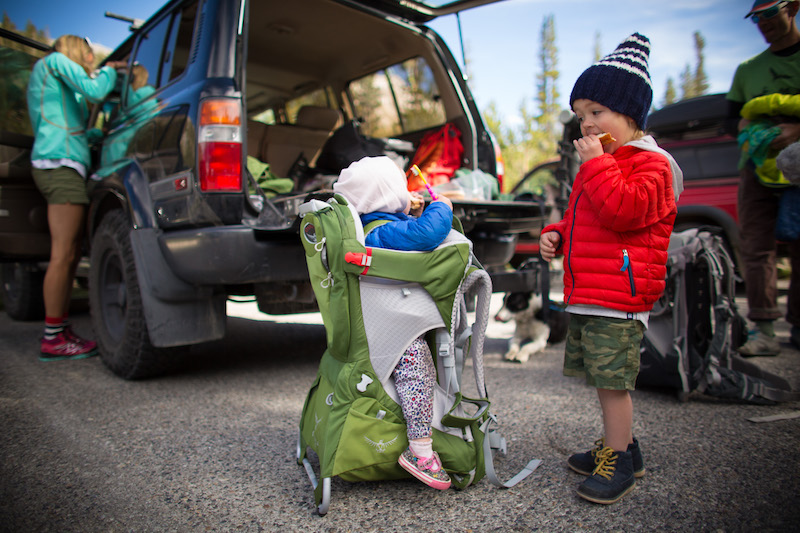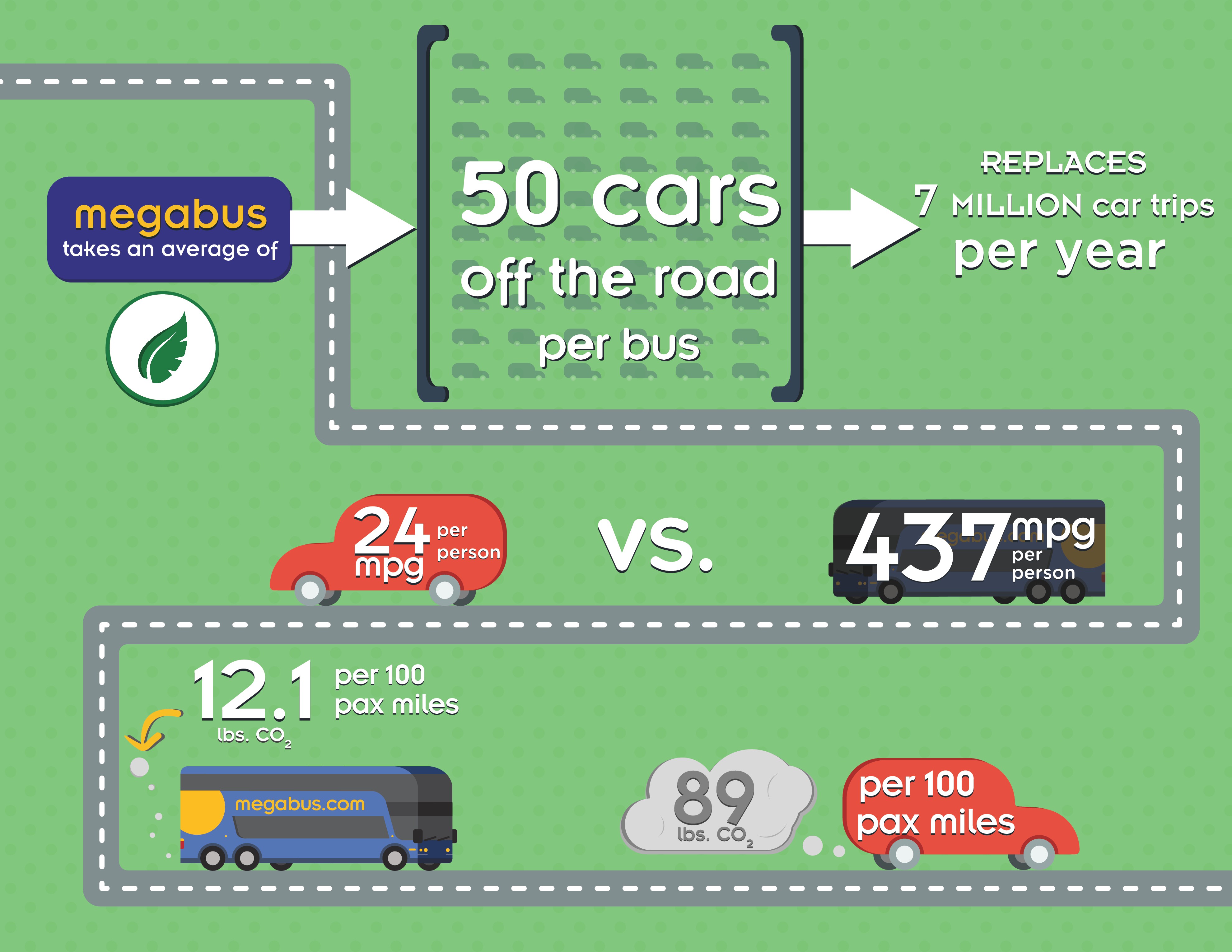April is the month we celebrate Earth Day and the more-encompassing ‘Earth Month’, but really, we try very hard at Pit Stops for Kids to travel eco-friendly all year round. Unfortunately, there’s something about seeing the Alaskan glaciers melt before our eyes or watching the world’s coral reefs shrink that really drives home the importance of taking care of our natural environment. I know our readers also want to travel eco-friendly, so read on for ideas large and small that can make a difference!

Table of Contents
Bring your own reusable water bottles:
This is a small action that can have a big impact. Purchase water bottles for your family, then reuse them everywhere from fast food joints to theme parks. You’ll save money if you opt only for water (which is ideal for health on your trip, too), but even if you refill with other drinks, you’ll be skipping unnecessary paper or plastic cups, lids, and straws.
Drive instead of fly:
Did you know a family’s carbon footprint is smaller driving in a car than flying? Even better yet: take a bus. I actually hadn’t thought about traveling long distance by bus since my college days, but companies like Megabus.com have made the experience comfortable and affordable. Especially if you plan to follow the tip below about public transit, taking the bus from city to city in the US, Canada, UK, and Europe is a really economical and earth-conscious plan.
Take public transportation at your destination:
If your vacation is in a city, try out the local public transit once you’re at your destination. Taking the subway, metro, or city bus is a great way to get to know the city more intimately than in a car, and is almost always more affordable than renting a car. We see more parts of the city, and meet more locals, by taking public transportation, and with a family of five, it’s almost always cheaper than taxis or even Uber.
Eat at farmers markets and local food stands:
Skip chain restaurants that source their food from who knows where, and opt for local food stands, farmers markets, or farm-to-fork dining options. In cities, these are easy to find: think Seattle’s Pike Place Market or Philadelphia’s Reading Market. In rural areas, look for roadside produce stands and natural grocery stores: go shopping then eat an outdoor picnic at a local park!
Skip the mega cruise ships for small ships or private tours:
Large cruise ships are notoriously bad for Mother Earth, thanks to possible dumping of gray water and sewage and the air pollutants from smoke stacks (though things are getting better). Instead, book a small ship cruise, which has a smaller footprint due it its smaller size (which also helps rural local economies more en route, too). If a small ship cruise is not in the budget, book a smaller or private land tour at your destination instead of a large group tour. The more intimate number will equal a better experience for you, and will also avoid the waste generated by large groups.
Reuse your towels in hotels:
Or better yet, book local apartments when you travel to avoid industrial-sized washers and dryers (and the other waste in hotels) when you travel. A home or apartment rental (such as HomeAway or AirBnb) usually saves money, gives families a more intimate and personalized travel experience, and leaves a smaller carbon footprint. If you do opt for a hotel, look for LEED certification, which means the hotel has taken strides to become more eco-friendly in their electricity use, water use, and more.
Camp or backpack off the grid:
When you’re in the outdoors, you’re naturally less impactful on the environment. Use solar camping lanterns or headlamps, turn off your phones, and relax in the outdoors. You’ll use less water by taking fewer (if any) showers, and little or no electricity. And getting back to nature helps to remind kids that they don’t need to be on the grid all the time.
Take kids to natural wonders:
Studies have shown that people care more about issues if they feel a personal connection to them. When kids have seen glaciers shrinking, coral reefs disappearing, and native species dwindling, they remember these issues as they grow into adults. Teach your kids to be responsible stewards of the environment through experience and education.
Go to science museums while you travel:
Along the same lines, kids’ science museums across the world teach kids about the importance of conservation with hands-on learning opportunities. Let your kids pedal a bike to produce energy, or design their own eco-friendly airplane model. As a bonus, visiting science museums on vacation provides a fun way to expend energy after a long day traveling or city touring.
Travel to an eco-resort:
To really become inspired this Earth Month, plan your vacation around an eco resort (many of which can be found in Central and South America, for instance). Eco resorts walk the talk, so to speak, and during your stay, you can see alternative energy use and sustainable practices up close. It can be very inspiring: an eco resort stay may result in your going home to install solar panels or a wind turbine…you never know!
Ready for action? Encourage kids to enter the Megabus Masterpiece contest with their own earth-inspired piece of art. The grand prize winner’s artwork will be displayed across the side of a megabus and will receive $1,000 for art classes or more eco-friendly travel! (Contest ends April 22, 2017, and winners announced May 15 on Megabus social channels.)

This is a sponsored conversation written by me on behalf of megabus.com. The opinions and text are all mine.





